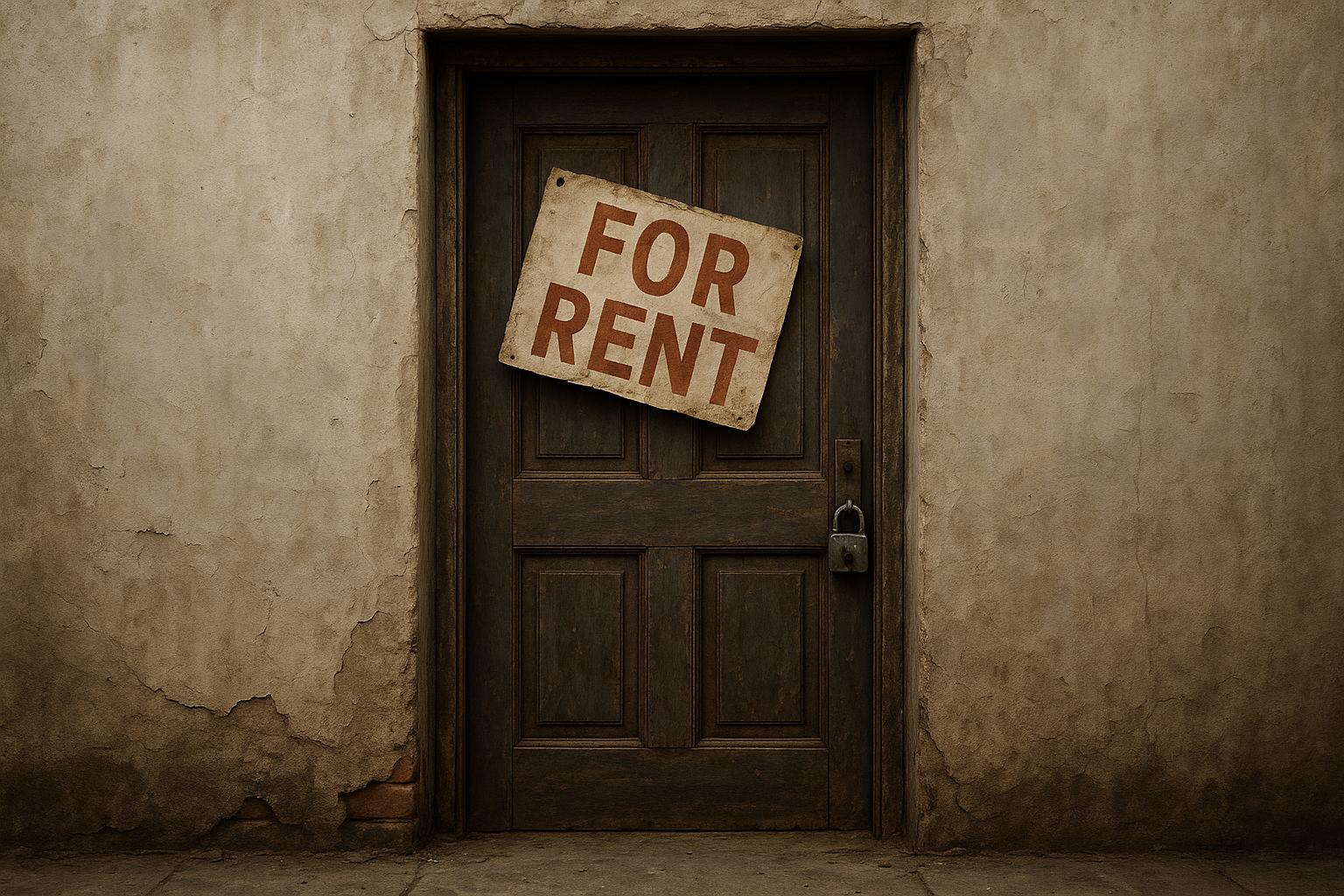What began as a routine day for property manager Jared Decker in Tampa, Florida, spiralled into a prolonged ordeal emblematic of the widespread rental fraud plaguing the real estate market. Decker’s experience started when a businessman, entirely unknown to him and never a tenant in any of his managed properties, contacted him about $10,000 mysteriously missing from his bank account, having ostensibly been paid as rent to Decker’s Coastal Pioneer Realty. The unsettling reality was that the businessman’s identity and bank details had been stolen to fraudulently rent a property from Decker’s portfolio. Ultimately, the property's real owner, a small landlord, bore the brunt of the fallout, enduring unpaid rent, legal fees, and the complexities of eviction proceedings. This case is a stark illustration of the escalating challenges landlords confront amid surging rental fraud, causing many to reconsider the risks inherent in direct property ownership.
Rental fraud has become alarmingly prevalent, significantly altering the landscape of the rental market. A 2024 survey by the National Multifamily Housing Council (NMHC), representing major apartment owners and managers, disclosed that over 93% of its members encountered some form of fraud in the previous year. Supporting this, a RealPage study highlighted that 75% of property managers in major metropolitan areas, including Houston, Los Angeles, and Atlanta, reported a notable surge in scams involving multi-family housing units. Indeed, a Greystar executive revealed that in parts of Atlanta, as many as half of all rental applications exhibit signs of fraud. Since the pandemic, rental processes moving online have exacerbated this trend, making it simpler for fraudsters to forge documents like pay stubs and bank statements, sometimes even leveraging “template farms” for mass production of counterfeit materials.
Industry experts, like rental consultant Jay Parsons, have identified rental fraud as a grave yet under-discussed problem contributing to a worsening housing crisis. When fraudulent tenants slip through screening measures, landlords face unpaid rent, legal expenses, and extended vacancies while tenants are held up in eviction processes. Some fraudulent occupants even engage in criminal activities within these units. To recoup losses, landlords often raise rents or increase application fees, further squeezing an already strained rental market. According to Zillow, rents have escalated by over 25% since 2020, with fraud-induced cost pressures compounding affordability issues. For renters, this means more costly and arduous application processes, as landlords tighten scrutiny through longer forms, intensified verification requirements, and automated screening systems designed to detect fraud earlier.
To mitigate these risks, property managers are increasingly relying on advanced technology, including identity verification tools and sophisticated document scanning software, alongside traditional verification like in-person meetings and thorough application reviews. Continual education about emerging scams and regularly updated fraud prevention protocols are critical to safeguarding landlords and tenants alike.
For investors wary of the inherent risks in direct rental property ownership, several safer real estate investment options are increasingly popular. Crowdfunding platforms like Fundrise allow individuals to invest modest sums into diversified portfolios of residential and commercial properties, removing the burdens of direct management. Lending models, such as the Arrived Private Credit Fund, offer investments in short-term, property-backed loans with historically steady dividend yields. Fractional ownership opportunities through companies like Mogul afford access to high-quality rental properties with lower capital requirements. Additionally, innovative models tapping into home equity, like Homeshare’s U.S. Home Equity Fund, enable investors to participate in home appreciation without buying physical properties outright. For those interested in commercial real estate, grocery-anchored shopping centres—which maintained over 90% occupancy even during financial crises—represent a resilient niche, accessible through partnerships such as First National Realty Partners with a higher investment threshold.
These alternatives provide ways to profit from real estate without assuming the direct risks tied to rental fraud and landlord responsibilities. Nevertheless, all investments carry inherent risk, and it is vital for investors to thoroughly understand the terms, timelines, and potential returns before committing funds. Meanwhile, landlords would do well to learn from Jared Decker’s harrowing experience as a cautionary tale underscoring the necessity of vigilant fraud detection and prevention practices in today’s rental markets.
📌 Reference Map:
- Paragraph 1 – [1] (AOL), [2] (MultiHousing News)
- Paragraph 2 – [1] (AOL), [3] (Multifamily Executive), [6] (Checke.me)
- Paragraph 3 – [1] (AOL), [3] (Multifamily Executive), [4] (Experian)
- Paragraph 4 – [2] (MultiHousing News), [4] (Experian)
- Paragraph 5 – [1] (AOL), [5] (Multifamily Executive)
- Paragraph 6 – [1] (AOL)
Source: Noah Wire Services
